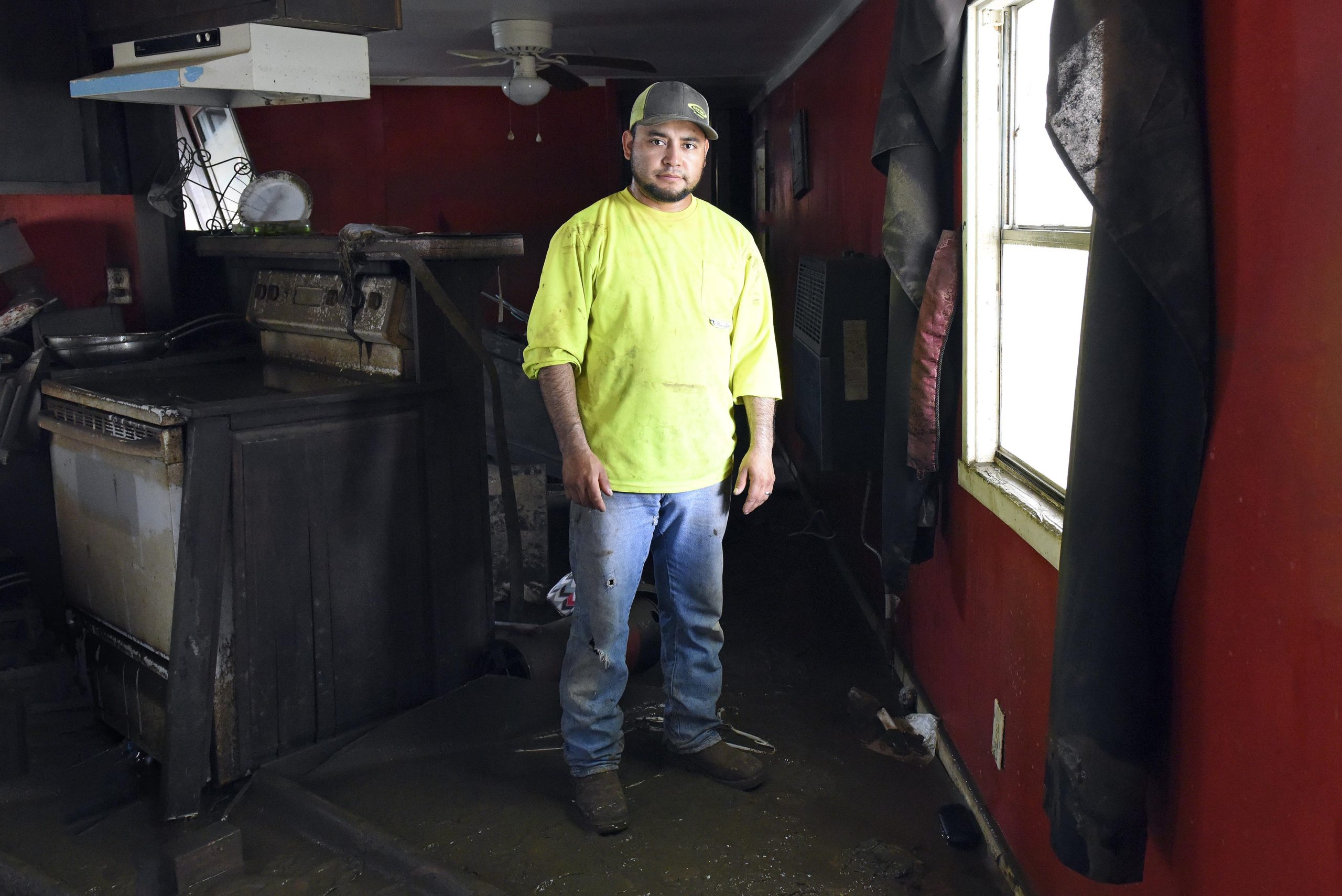Catholic Charities of Eastern Oklahoma (CCEOK) has begun a new disaster preparedness program that will eventually be available to all parishes in the diocese. Funded by a three-year $75,000 grant from the Cargill Foundation through Catholic Charities U.S.A., the program aims to help local communities and individuals prepare for and recover from possible future disasters.
Catholic Charities of Eastern Oklahoma (CCEOK) has begun a new disaster preparedness program that will eventually be available to all parishes in the diocese.
Funded by a three-year $75,000 grant from the Cargill Foundation through Catholic Charities U.S.A., the program aims to help local communities and individuals prepare for and recover from possible future disasters.
All 31 counties in the diocese were assessed, sorted into three categories and prioritized according to vulnerability, availability of partner agencies, access to relief services and a variety of other qualities. Seven counties located in the North-ern Vicariate of the diocese have been identified as priority parishes and will be the first to receive training. The remaining 24 parishes will be addressed after the first seven parishes have trained. CCEOK has begun to identify volunteers at those seven parishes to form regional teams to prepare and react to disasters with assistance from CCEOK.
“We have all seen the devastation that can occur from severe storms, flooding and wildfires,” said MaryLynn Lufkin, CCEOK’s director of Eastern Oklahoma Outreach and Disaster Relief. “Our diocese, including churches, schools and other institutions, need to not only be prepared themselves for a disaster but we as Catholics need to be prepared to support the greater community in a time of disaster.”
One part of the overall program that will eventually also be available to all parishes is Plan, Prepare and Protect. The goal is to prepare individuals and households for disasters that may occur. The seminar covers topics such as protecting important documents, identifying potential hazards, compiling an emergency kit, and a short course on what different types of household insurance will and will not cover.


